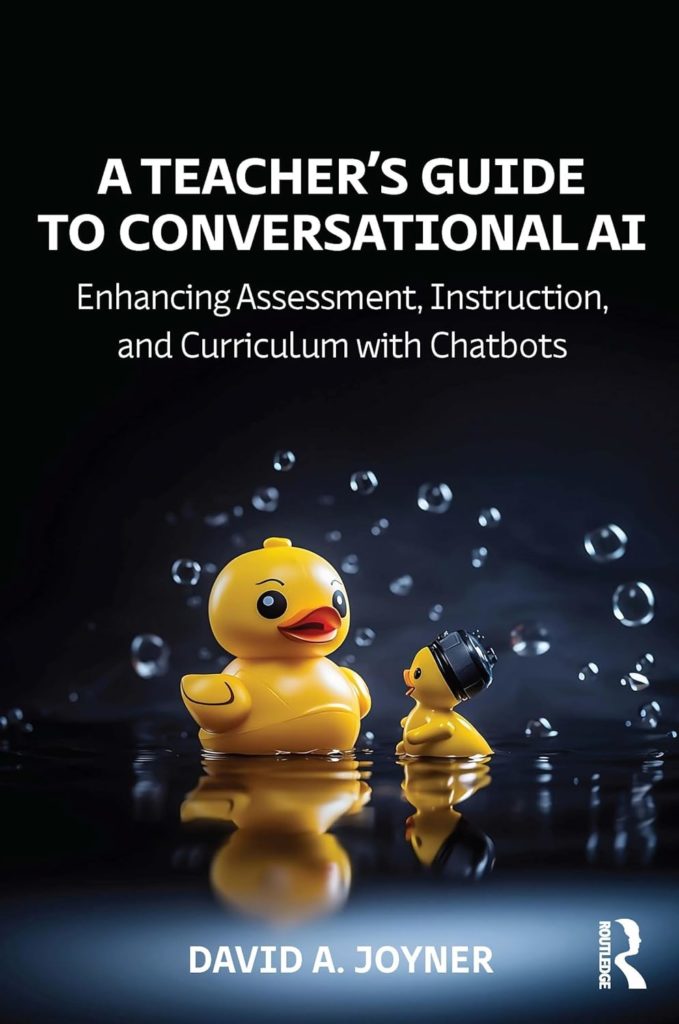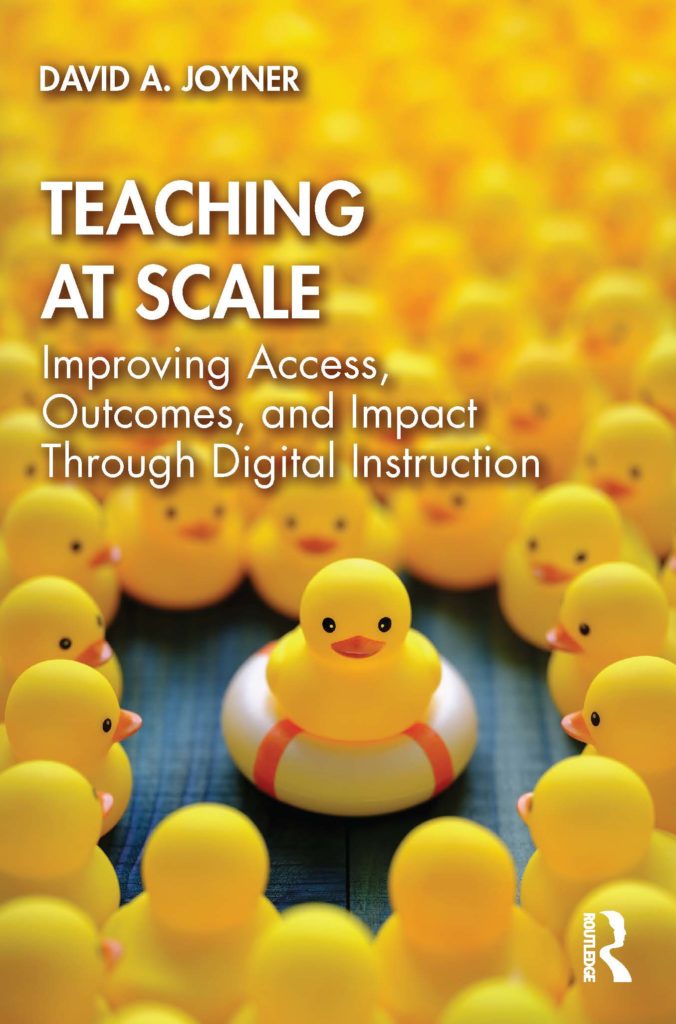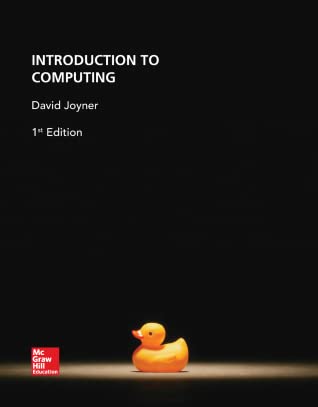Following on from my top books of 2020, here were my top books of 2021:
- This Is How You Lose the Time War by Amal El-Mohtar and Max Gladstone. I found this absolutely beautiful, as much poetry as novel. I’ve always admired science fiction and fantasy that can create a compelling world without going into extreme detail.
- The Friendly Orange Glow by Brian Dear. I received this as an advanced promotional copy, and I almost gave it away because I just didn’t think I’d ever go for such a long book about the topic. But then an audiobook came out and I decided to give that a try—and holy cow I’m glad I did. Phenomenally informative and fascinating in so many ways: it’s like all of computing history played out once already, and now we’re just repeating it.
- Vicarious by Rhett C. Bruno. One of the most imaginative and original science fiction books I’ve read. It’s like The Truman Show meets Ready Player One meets probably a bunch of other books I’ve never read, but it’s fantastic. (And proof sometimes you can judge a book by its cover: I bought it in part because of its gorgeous cover design).
- Infinite2 by Jeremy Robinson. The book that cemented Jeremy Robinson as one of my favorite authors—though if it wasn’t this book, it’d be another Jeremy Robinson book I read this year. I love his mix of action, humor, philosophy, and fourth-wall breakage.
- Failure to Disrupt by Justin Reich. It’s easy to talk about the potential of technology. It’s far harder to dissect and investigate why certain technologies don’t catch on. Justin manages to do that not only for some technologies, but entire classes of technologies.
- Extraterrestrial: The First Sign of Intelligent Life Beyond Earth by Avi Loeb. I’m not convinced of the thesis, granted—Loeb hypothesizes that Oumuamua was an extraterrestrial spacecraft, with the reason being the object is too much of an outlier to actually be an instance of a known object like a comet. I think he adequately supports the idea that it’s not of a class of objects we already know about, but I wouldn’t go so far as to say he supports the hypothesis that it’s an extraterrestrial spacecraft—just that it’s definitely something new we don’t understand. But beyond any of that, it’s a fantastic book about how science is done, how different hypotheses are tested and reasoned through deliberately, etc. It’s fantastic not for its argument that Oumuamua was alien technology, but for its depiction of how science as a whole progresses and its subject to the same kinds of trends and internal political pressures as other endeavors.
- The Order of Time by Carlo Rovelli. Anything by Carlo Rovelli is what happens when a poet takes a wrong turn and ends up in physics, but continues to write about it with the eloquence of a poet.
- Indexing & Indexing: Reflections by Seanan McGuire. I listened to these back-to-back so I can’t separate them easily, but these books were amazing: a premise simultaneously original and familiar, executed brilliantly. I wish this was made into a TV procedural; it’s the perfect candidate.
- Minds Online by Michelle D. Miller. The best book I’ve read about teaching online, grounded in learning sciences and cognitive sciences. It’s always nice to read a book that gives you evidence supporting those things you suspected but hadn’t investigated or tested.
- Master of Formalities by Scott Meyer. I love Meyer’s writing style and characters, and this was the best of the ones I’ve read. Luke Daniels is also the perfect narrator for his writing style.
There are also come books worth noting that I have trouble really comparing to others, so I’ll mention them here:
- Whale Day by Billy Collins. It’s unfair to use a spot on anything by Billy Collins because there’s always going to be one. I read a lot of other poetry books this year, but his are by far my favorite.
- Heaven’s River by Dennis Taylor. It’s hard to rank this separately from the rest of the Bobiverse, but I found this to be the most mature and nuanced of the books. This series deserves a spot among the historical best of science fiction.
- Making Money and Raising Steam by Terry Pratchett. Similar to Heaven’s River, it’s hard to rank these individually compared to the Moist von Lipwig saga as a whole (and Discworld as a larger whole), but it’s my favorite Discworld subseries.
- Blankets by Craig Thompson. I love graphic novels, but I find I always go through them quickly enough that they don’t leave as lasting an impact. I remember thoroughly enjoying this at the time, but it hasn’t left as durable impression, I think just because the amount of time it commanded. (I could say the same about On a Sunbeam by Tillie Walden.)
- An Atlas of Extinct Countries by Gideon Defoe. I learned later he took some liberties with history to make the writing funnier, which knocks it down a peg, but it succeeded at being hilarious and informative, if also a tad bit misinformative.
















